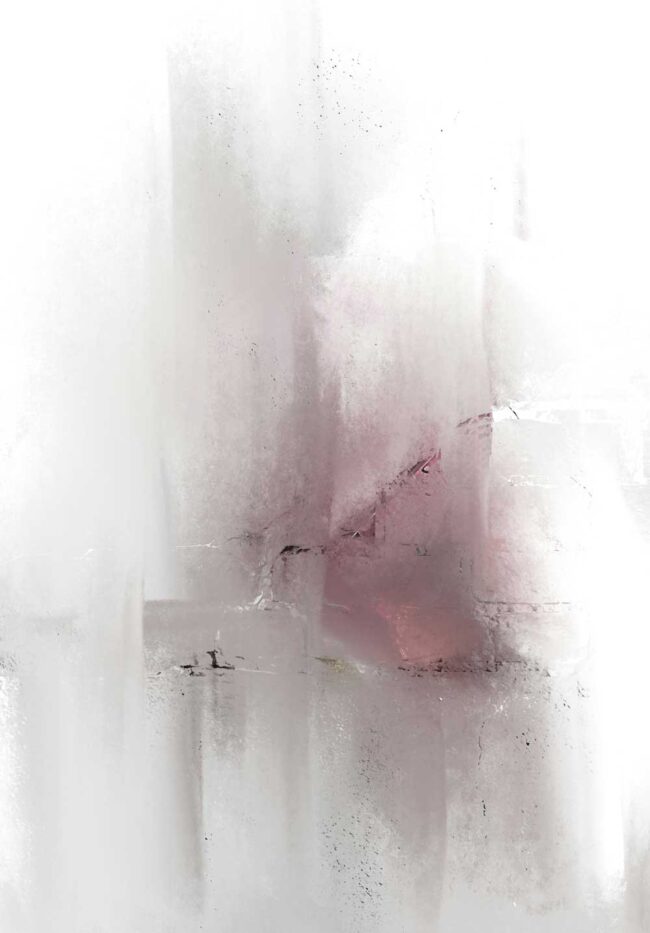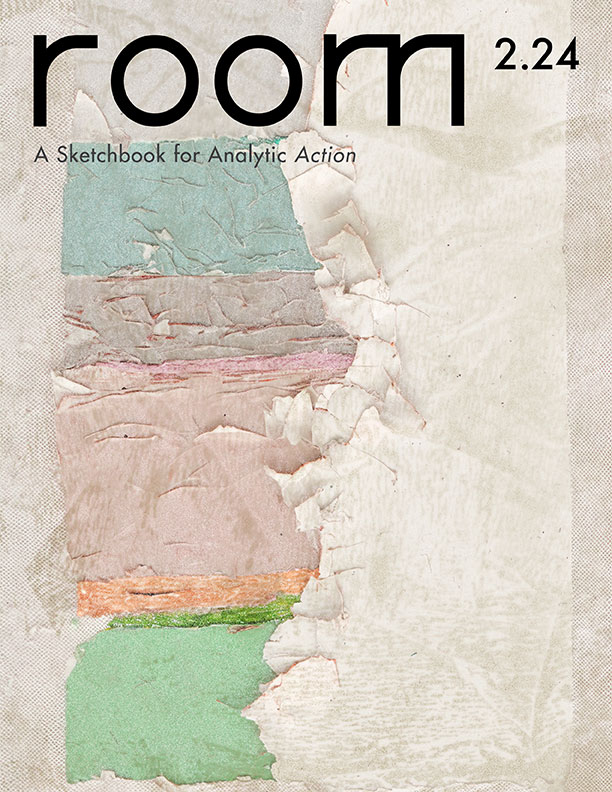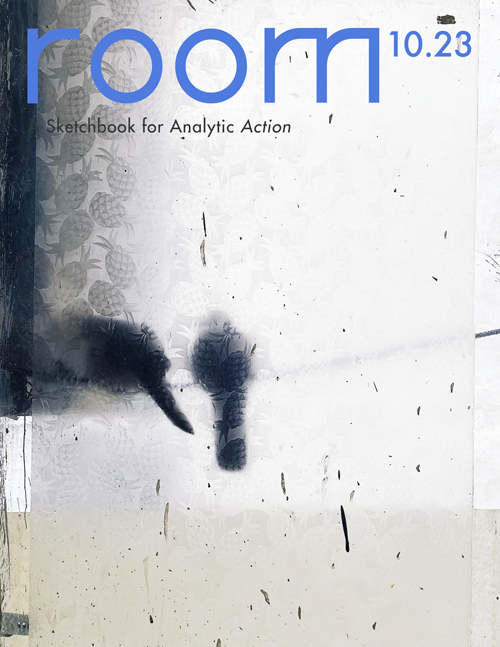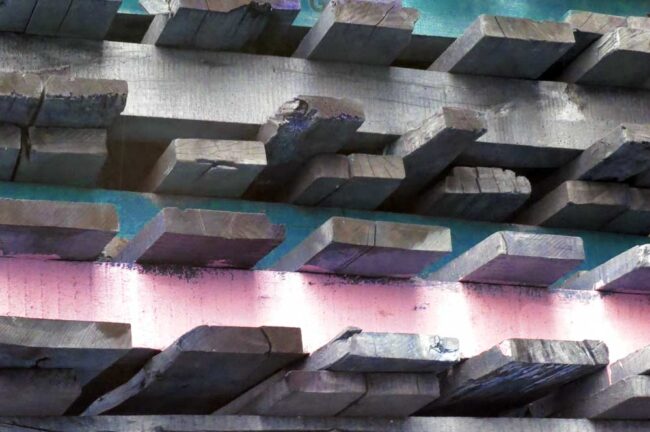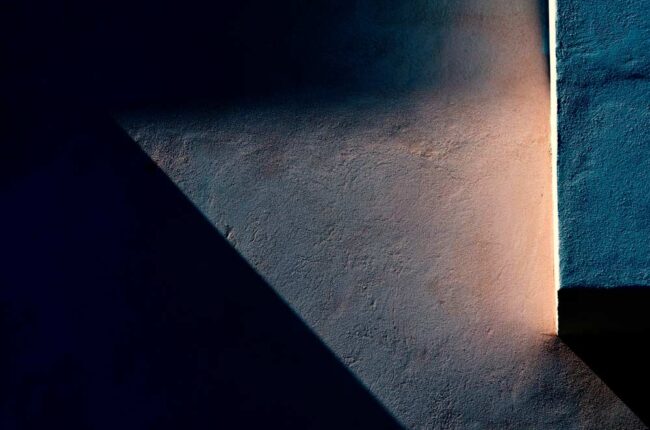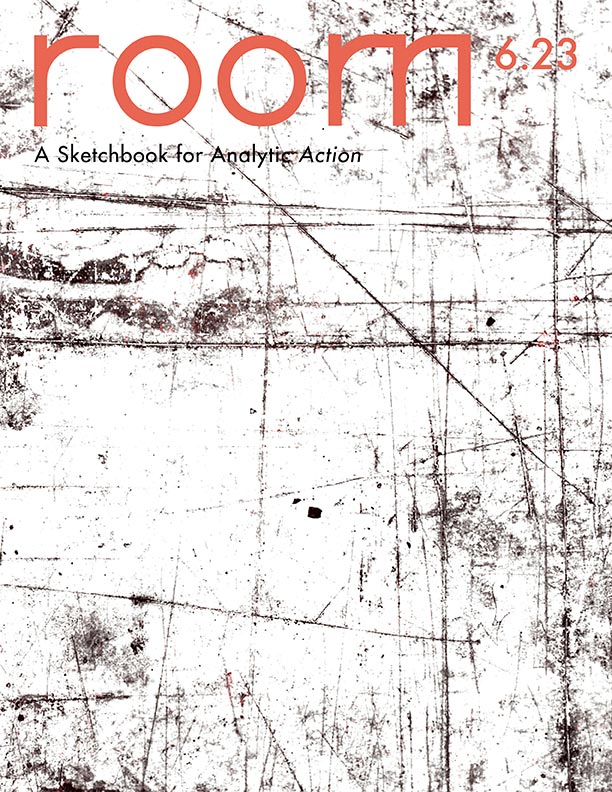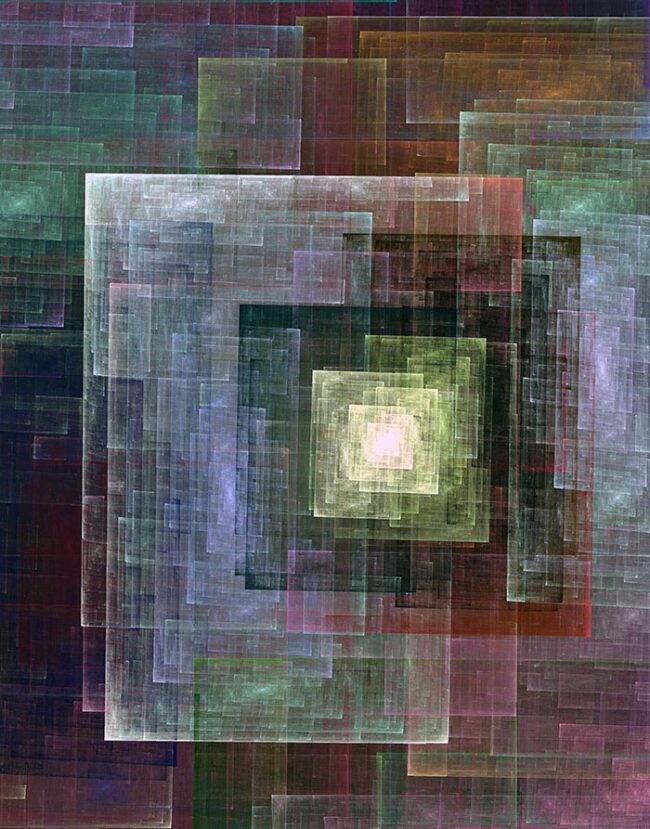These Words by Hattie Myers
Think what it would be like,” Italo Calvino wrote, “to have a work conceived from outside the self, a work that would let us escape the limited perspective of the individual ego, not only to enter into selves like our own, but to give speech to that which has no language… ” Of course we know that no person and no theory can ever escape the limited perspective of Calvino’s “individual ego.” Taken together, however, the authors and artists in ROOM 6.24 are giving language to a world that is rendering us all increasingly speechless.


